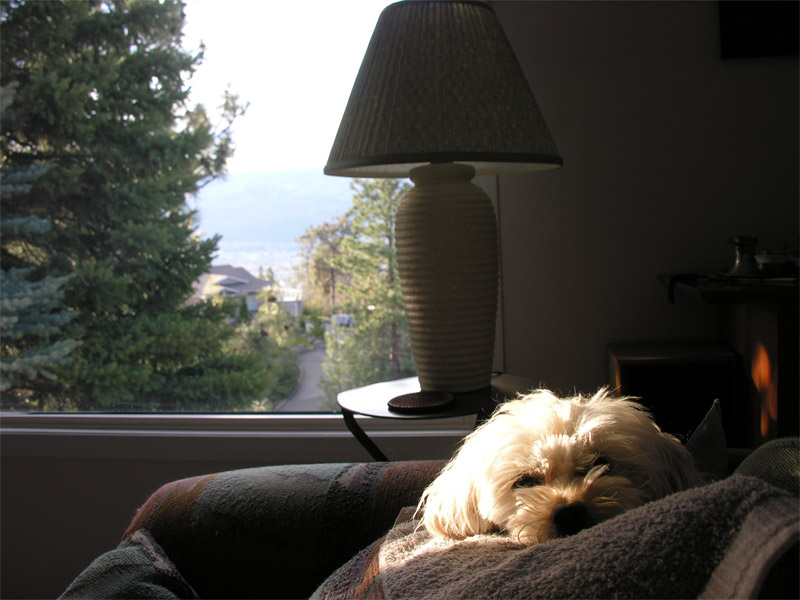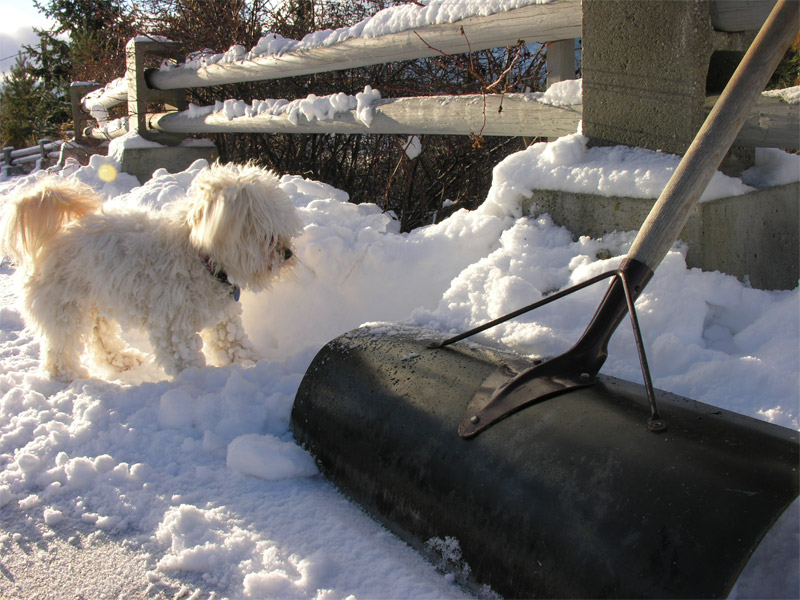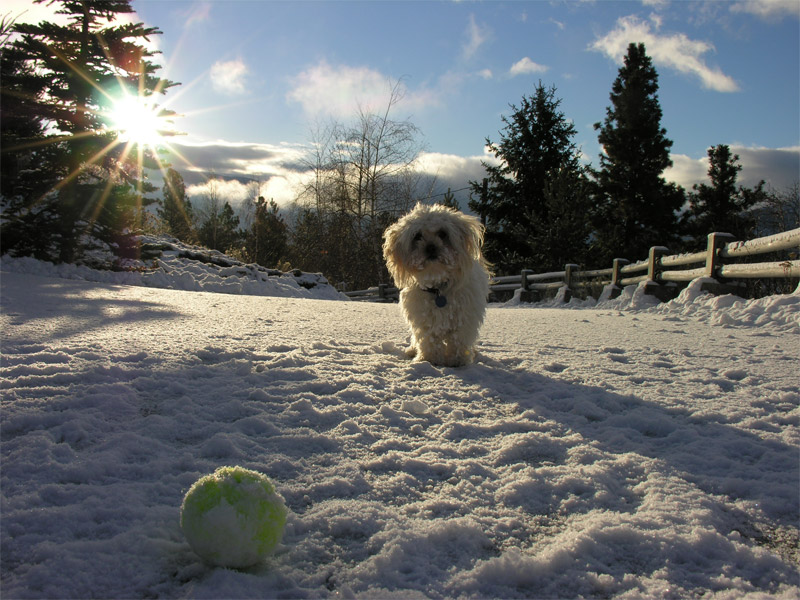BEING MOVING, RATHER THAN BEING SOMEWHERE
I used to hitchhike a lot. Hitchhiking was my main – and preferred – mode of transportation, for many years. I stopped counting my hitchhiking miles at twenty thousand, back in 1996, though I kept hitching for years after that. I hitchhiked across Canada, in the States, in Mexico, and I’d go for weeks and months at a time. I would also hitchhike locally, to get from city to city. Even when I had a vehicle I often chose to hitchhike; when on a bus, sometimes I’d get off along the way, let the rest of my ticket go so I could hitchhike the rest of the way.
At first I began hitchhiking because I needed to think. It was the beginning of my ‘inner-change’ years, my transition from an unhappy, unfulfilled, naive and dreaming young man, into a being of huge internal growth. I would work for awhile, then stop working and go traveling. I knew I needed change, needed to think, and that was not happening much while I was living in the city, visiting people, working, having a full schedule. So I’d escape all that once in awhile, hitchhike and think. I had no real destination or schedule when out hitching, it was all about being moving, rather than getting somewhere.

But a new (to me) and beautiful thing began happening while I was hitchhiking to think: I slowly stopped my thinking things out. The more I went on the road, the more important and enjoyable it became to just ‘be going’, to be moving, walking along the gravel roadsides of the continent, across the prairies and seashores and through the mountains. In the beginning, my travel was to get somewhere, think, and arrive at the next destination… and after awhile into my wandering years, my yearning became to simply be moving; I would actually be annoyed upon arriving at the next city, where things became busy and difficult and noisy again. People think, romantically, “Ah, he’s going to Memphis. He’s going to Chicago. He’s going to Mazatlan. He’s going to Toronto.” To people, and to the ‘old’ me, travel was all about the romance of these places we head towards, to see the culture, the lifestyles, the history there. Travel was about thinking of all the excitement and romance of places known.
But after awhile this dissolved in me. The thinking about those places dissolved, as did thinking about what I went traveling to think about in the first place. My hitchhiking became simply about experiencing, as I was just walking. Getting a ride became unimportant, except to rest or to cover distance more quickly than on foot sometimes. I would walk out of a city, walk past other hitchhikers standing at the edge of town, and I’d keep walking. It was about the walking, the being moving, the experiencing, not about the quickest way to get to the next inhabited place. I’d walk for hours before even sticking my thumb out. Sometimes I’d walk for a day, and wander off into the wilds and pitch my tent far from the road and stay a night or three out there. I’ve slept in forests, plains, beaches, parks, roadsides, fields, ruins, parking lots, churches. Just experiencing.
WHEN DID YOU LOSE YOUR ‘EXPERIENCING’?
When did we lose our magnificent ability to experience everything through all our senses, and switch to exciting ourselves by ‘thoughts’ of the experiences? When we are born, we are wide-open experiential beings. We do not yet have the capacity to think in words and coherent ideas and concepts. Our senses are wide open like floodgates in a dam, they let everything in and they let everything out.
Somewhere along the path to growing up, we’re taught not to do things, not to express ourselves certain ways, not to allow others to affect us in certain ways. We’re taught rights and wrongs according to concepts, beliefs, rather than experiential living. We learn to do things, and get things done, vicariously, through machines and phones and books and TV and the click of a button and through hiring someone else to do it. We become so involved with and enamored of the spoken and written word, the provided thing, that by the time we’re teenagers almost our entire sensory system is cut off, affected by only two things: thoughts, and stimulation by human-made things.
We can be in the middle of the most wonderful things happening, and we’re thinking so much about them, our nerves are so excited and filled, that we’re missing almost all of the experiential joy of the event. I remember reading interviews and biographies of so many people, people who had their moments of fame, people at great events, terrible events, Olympics, wars… and so many of them say things like ‘It was all a blur’, ‘It took a long time for it to sink in’, ‘I wish I could go back in time and relive it, this time I’d enjoy it more’. They feel this way, because they spent so much time thinking about the experience and all that was happening, rather than simply experiencing it.
We spend so much mind-time on the events of our lives, even the little daily events, that it closes off our experience-time. As babies and children we are wide open, fascinated by so many things, by bugs and rocks and a sidewalk crack and a leaf and a breeze. Everything is fodder for the fascination of our senses. By the time we’re into adolescence and teens, it’s all about human-made ideas: we talk quickly to get all these exciting thoughts out, we spend hours on the phone, texting, computers, hobbies, TV, music, fashions, fads, celebs, entertainment, sweet food and salty food, our dreams, our futures, our jobs… down to the microscopic inch, our attention becomes all about the human-constructed things and the thinking about things.
At this stage, the things we used to openly experience with fascination, wonder, joy and interest, disappear. They are still there, all around us, but they disappear to US, simply because we are now all about thoughts. And this is where emptiness, loneliness, unhappiness, unfulfillment, and addictions arise. When we’re young, we experience things so powerfully, we play so hard and wonder so wondrously, that life is full, life is an experience, life is powerful.
Once our senses begin closing down and our thoughts rise to supremacy, be begin losing most of our sensory life. We still see, hear, feel things, still feel the wind and see the dust and hear some birds somewhere… but they are ‘just there’, part of the neutral background of our experiencing. They are no longer fascinating, interesting, even awe-inspiring. Since our lives have, at this stage, become all about thoughts, it is the thoughts that must stimulate us, excite us. We shift from the wonder of open experiencing, to the jadedness of experiencing by thought. Now the small things mean little to us. Since the importance of thought has squeezed out the joy of open senses, we now have to try excite those thoughts in order to feel really alive, energetic. We have shifted from the joy of senses, to the addiction to whatever makes our thoughts excited.
Our joy of the small momentary things, the little things always around us, is in eclipse, lost, we don’t know why we no longer feel wonder about everything around us. But we still want to relive that feeling of wonder, or to at least feel that something is moving us. So, once again, we turn to thoughts, and to intense stimulation. The rest of the time, we’re bored and looking for something to excite us. Even at jobs and careers, it’s so common to try ‘excite and motivate your team’, rather than finding a way to organically blend them with a job and circumstances that will give them deep groundedness and fulfillment. The ‘Are you excited?! Yaaa!? Everyone psyched!? Let’s DO THISSS!!!’ Attitude has replaced inner contentedness. Excitedness has replaced sincere interest. Team spirit, team players, have replaced the compassionate and loving feeling of genuinely wanting to help each person around us. Productivity and future rewards have replaced the sense of in-the-moment enjoyment of a job, moment-by-moment fulfillment. There are dozens, hundreds of other such ‘replacements’, once we evolve from experiential beings into thought-based beings.

BECOMING THOUGHT-BEINGS IS NECESSARY… FOR AWHILE
Thinking, learning thoughts, evolving technology, the passing-on of information from one generation to the next, involves thought. It involves learning language, learning to think, learning to immerse ourselves in thought, because thought is our learning center. If we did not pass on information and behavior through thoughts, then the next generation would not learn anything from the previous. There would be no evolution of lifestyle or technology. If you did not learn, and remember, that a behavior is dangerous, or a food is poisonous, then right now we’d still be eating poisonous plants and walking off cliffs; who knew that they’d kill us? If we did not learn and remember one piece of technology, and think about how to improve upon it, we would not have planes, computers, rockets, mobile phones. We have to learn, and learning is through experiencing and then translating that experience into thought.
But the civilized world has taken that translation to a level that is far beyond balance. The more our thoughts increase and invade to the furthest details of our lives, the more we rely on our thoughts rather than our senses. I see so many people now who cannot even allow their senses a minute’s true freedom and enjoyment during the day. They have to be thinking and doing, from the moment they wake up until the moment they’re asleep. It’s radio or TV upon waking, or talking to someone or on the phone or planning the day. It’s work or chores or entertainment all day, and often it’s a few things at once… kind of watching TV, while talking on the phone or being on the computer, while eating comfort foods, while thinking about things, and the moment one thing is done, the next is being looked for, because there is no way you can allow ‘dead space’ in your day. You know… just being there, being alive, not thinking about something or being busy or entertained.
Thought has replaced experiencing openly. They have switched places with each other. When you were a kid, all you wanted to do was have fun, explore, experience. You didn’t want to do chores and work and sit around in school learning, you wanted to learn through living life and adventure. Thought time was dead time, and experiential time was alive time. Once you hit your teens, thoughts became your life, and simply being, simply experiencing, with no thought of goal or fame or telling someone or what it could do for you… became boring. Dead time. As an infant, you could just lay in a field of tall grass. As a teen, you can lay in that same field… as long as you have your iPod, or a book, or someone there to talk with, or at least something to dream about. As a child, the field is the universe, and you’re there in it. As an adult, the field is the pretty backdrop for whatever is happening in your thoughts.
THINK LESS, EXPERIENCE MORE
As I hitchhiked more often, spent more time out of the busy life, more time away from working on my dreams and interests, eventually the experiencing took over. I’d think about snippets of things of course, but I began to enjoy the experiences, what was happening right then, to me and around me, more than I wanted to think about what I was doing, where my life was headed, how to make money and do my projects. This is one of the many reasons I never wrote a book about my hitchhiking experiences; I never wanted to get caught up in the ‘thinking’ about it. If I’d planned a book, then the next times I went hitching I’d be thinking about the book, about how each new event might be written for the book. I’d even start changing things I was doing, because maybe doing it a little differently would make a better story for the book.
I was hitchhiking to find my way back to opening up to experiencing ‘the everything’. I was yearning for simply being, within the circumstance, and I no longer wanted to be using the circumstance as a backdrop to all my thinking.
With the letting-go of so much thinking, I became amazed at how much I could sense, experience of whatever was going on around me. As you may have read in my article ‘Notice Your Clarity’, when we think about things, the very process of thinking takes our senses’ concentration – or rather, openness – away from what is happening around us. We can walk for half an hour, thinking hard about our job, troubles, whatever, and not remember a thing about where we just walked. Or we can stop thinking, and notice hundreds of things in that short walk.
Thinking and experiencing do not seem to exist well in the same space. The more our minds are caught up in thinking, the less our minds are open to receiving what is coming in through our senses. When we’re thinking, our minds are churning, recycling stuff that’s already in there. When we stop thinking, we’re clearly open to what is coming in… and to what we want to send out. The churning stops, and the coming and going of what is all around us happens unfettered.
It’s a matter of ratios; we come into this world wide open, experiential. We have to learn things, so much of that experiencing closes off, replaced by thoughts. When we reach teenhood, we’re almost completely about thought. And if those thoughts aren’t exciting to our senses, aren’t stimulating to them like the wonderful stimulations we had in infancy, then we search for industrial ways to stimulate ourselves, so entertainment, junk food, and vices come into play. We want them to change the way we feel, make us feel moved again. Often our desire for these things becomes an addiction and the rest of our life crumbles into disrepair while we keep chasing the dragon, looking for the next artificial sensory stimulation to make us feel something ‘better’.

But now you are older. I am older. We know enough. We can once again change the ratios: we can allow ourselves to spend less time thinking, getting excited, dreaming, planning… and allow ourselves more time to just experience. It does get better, clearer, when you allow your body and mind to remember what you knew as a baby… how to be wide open and experiential. Doing this is not learning something new; you’re allowing something that has always been there inside you, to be freed again. It becomes magical again, wondrous again, when you let the universe in again, rather than trying to feed your thoughts and senses with the stimulations made expressly to feed your human-constructed cravings for them. Everything that exists can be a wondrous experience. If you’re still thinking that a beer and a movie are more interesting than a field of grass, then you’re still thinking too much and not experiencing enough.
And that’s okay. I still do it too. But I have learned, and I keep remembering, that thought cuts off experiencing. And I remember that I have learned enough, been through enough, thought enough, and I want to get back to that wondrous experiencing. Experiencing is so clear, so truthful in each moment. Thinking blocks off what is coming in. Clear awareness, experiencing without thinking too much, opens the floodgates of the senses, and living becomes a wonder. Again.
Thinking less and experiencing more will not take you away from your hopes, dreams, relationships, interests… it will give you more energy, more purity, more authenticity, bigger wings. And infinite clarity.
THINK LESS, EXPERIENCE MORE

January 25, 2019 at 5:03 am
What an amazing insight into personal growth, Brilliant.